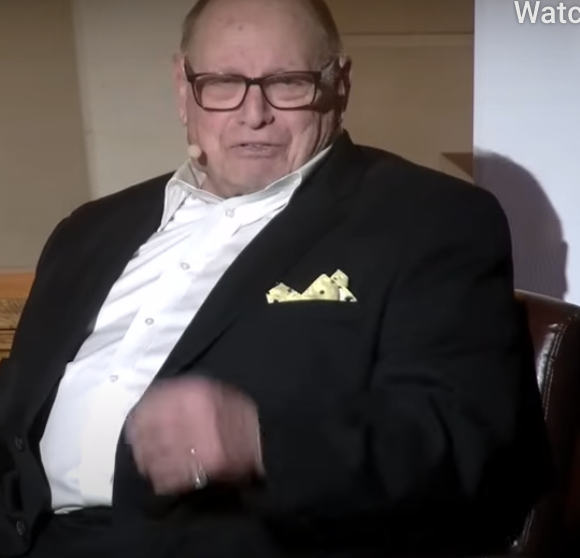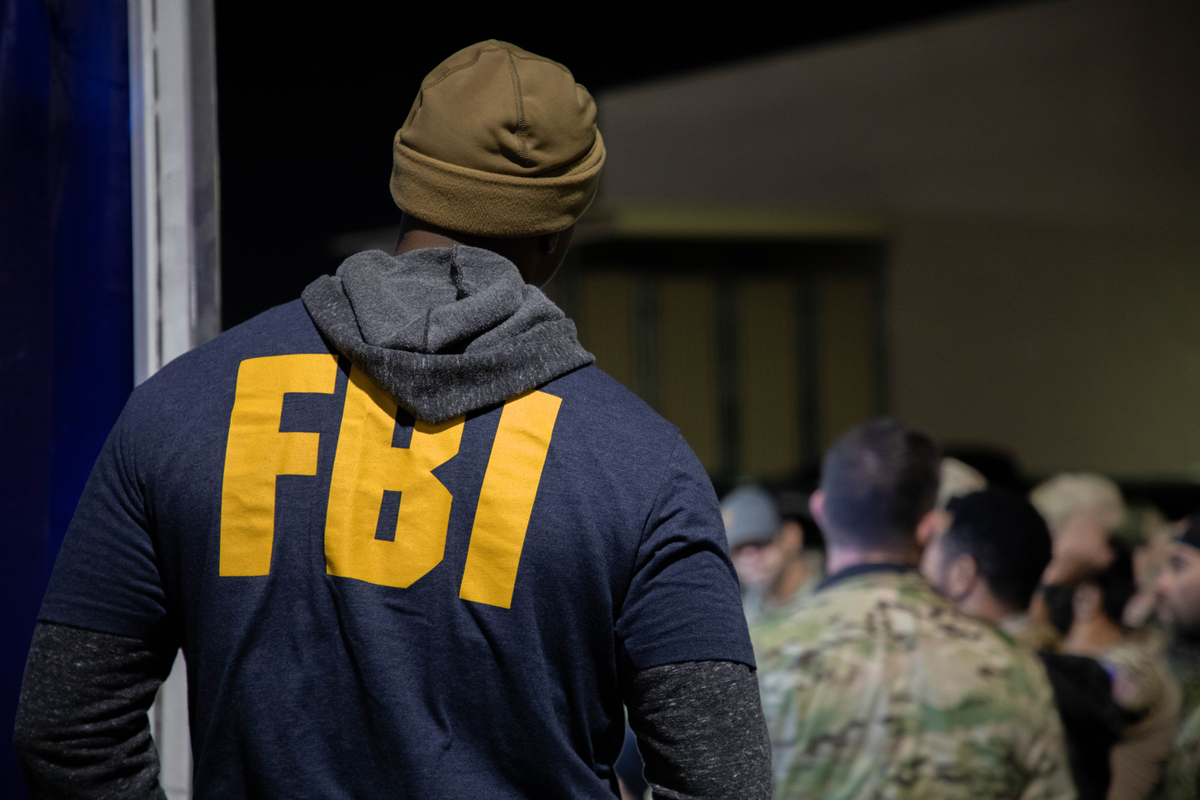 By Steve Neavling
By Steve Neavling
ticklethewire.com
A painstaking, two-year investigation into the biggest opioid distribution case in U.S. history yielded what investigators said was solid evidence that the company had failed to report suspicious orders of highly addictive painkillers.
But instead of bringing big penalties to the first-ever criminal case against a drug distribution company, the nation’s largest company, McKesson Corp., top attorneys at the DEA and Justice Department intervened, striking an agreement that was “far more lenient than the field division wanted,” according to the Washington Post.
“This is the best case we’ve ever had against a major distributor in the history of the Drug Enforcement Administration,” said Schiller, who recently retired as assistant special agent in charge of DEA’s Denver field division after a 30-year career with the agency. “I said, ‘How do we not go after the number one organization?’ ”
Schiller called the intervention “insulting.”
“Morale has been broken because of it,” he added.
Helen Kaupang, a DEA investigator and supervisor for 29 years who worked on the McKesson case in Denver, minced no words: “Within the ranks, we feel like our system was hijacked.”
The Post wrote:
The result illustrates the long-standing conflict between drug investigators, who have taken an aggressive approach to a prescription opioid epidemic that killed nearly 200,000 people between 2000 and 2016, and the government attorneys who handle those cases at the DEA and the Justice Department.
None of McKesson’s warehouses would lose their DEA registrations. The company, a second-time offender, had promised in 2008 to be more diligent about the diversion of its pills to the street. It ultimately agreed to temporarily suspend controlled substance shipments at four distribution centers and pay a $150 million fine.





